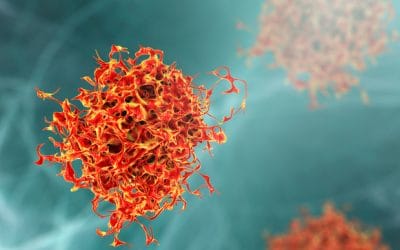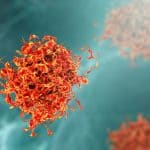A new programme led by Queen Mary University of London and funded by the Alzheimer’s Society has received positive trial results that could benefit carers and patients living with dementia.
The New Interventions for Independence in Dementia (NIDUS-Family) programme was successful in supporting patients and carers to achieve their goals compared to those who received usual care.
Affecting more than 944,000 people in the UK, dementia is a neurodegenerative disease that impairs a person’s ability to remember, think or make decisions on a daily basis.
Set up at University College London and now running at Queen Mary’s University London, NIDUS-Family aims to understand how to support carers who look after those with dementia at home.
Researchers tested the programme on a small number of participant pairs with over 300 people living with dementia and their unpaid carers.
The first stage of the programme involved discussing experiences with a facilitator who would set goals that focused on encouraging dementia patients to live independently at home.
These goals were then transformed into modules that participants could complete, including information and strategies to address specific needs such as exercise, activity and mobility.
The trial found that the programme was effective in enabling people to reach their goals regardless of the type or stage of dementia.
Moving forward with funding support from the National Institute for Health and Care Research, the NIDUS-Family team aims to implement the programme into health and social care practice.
Furthermore, additional research throughout the programme will be used to help address inequalities by investigating how the therapy can be rolled out exclusively, including adapting the programme for non-English-speaking UK populations.
Dr Richard Oakley, associate director, research and innovation, Alzheimer’s Society, said: “This is the first post-diagnostic support programme which can be delivered remotely and without clinical training, acting as a lifeline to thousands of carers across the UK.
“This will help to deliver the universal care and support people living with dementia desperately need.”










